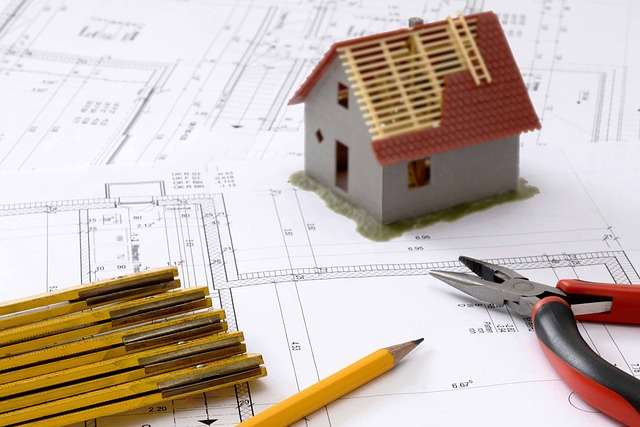Tackling Electrical and Plumbing Projects for a Handy Home

As homeowners, it’s no secret that maintaining and repairing our houses is a never-ending process. Electrical and plumbing projects are among the most common issues homeowners encounter, and tackling them can be a daunting task. However, with the right tools, knowledge, and guidance, any homeowner can handle electrical and plumbing projects with ease. In this blog post, we will cover everything you need to know to tackle these projects and keep your home in tip-top shape.
Table of Contents for Tackling Electrical and Plumbing Projects
I. Introduction
II. Electrical Projects
– A. Safety Measures
– B. Basic Electrical Skills
– C. Common Electrical Projects
III. Plumbing Projects
– A. Safety Measures
– B. Basic Plumbing Skills
– C. Common Plumbing Projects
IV. Conclusion
Introduction
Maintaining a home can be a significant challenge, especially for first-time homeowners. Taking on electrical and plumbing projects may seem daunting, but there’s no need to worry. With the right knowledge and precautions, you can successfully tackle these types of projects and help save yourself some cash at the same time.
Electrical Projects
Electricity is an essential element of modern home life, yet it can be very dangerous if mishandled. Here are some essential tips to help you remain safe and to tackle common electrical projects safely and efficiently.
A. Safety Measures
Before starting any electrical project at home, it’s crucial to follow some safety tips to avoid accidents.
1. Always turn off the power: When working on an electrical project, always turn the power off in the area you are working on by flipping the circuit breakers or shutting off the main power supply.
2. Use appropriate gear: It’s essential to wear appropriate gear such as rubber-soled shoes, gloves, and protective eyewear when working with electricity.
3. Never work under wet conditions: Electrical projects should never be undertaken in wet areas, and any tools used should be completely dry to prevent electrocution.
B. Basic Electrical Skills
If you’re thinking of taking on an electrical project, it’s essential to have some basic electrical knowledge to troubleshoot your project effectively.
1. Familiarize yourself with electrical systems: Understanding the components of an electrical system, including wires, circuits, and outlets, is critical before undertaking any electrical repair or remodel job.
2. Understand electrical codes: It’s always important to consult electrical codes for your area to ensure you remain compliant with local laws and regulations.
3. Use tools appropriately: Always ensure you are using the right tools when working on any electrical project, and use proper techniques to prevent accidents.
C. Common Electrical Projects
Homeowners usually have some electrical projects that come up for repair. Here are some common electrical issues you may encounter:
1. Installing a new light fixture
2. Replacing an outdated fuse box
3. Installing new electrical outlets
Plumbing Projects
Plumbing projects can range from simple DIY repairs to more complex professional work. Here are some essential tips to help you safely undertake some common plumbing projects.
A. Safety Measures
Working with plumbing can also present some hazards that must be considered while undertaking any project.
1. Use protective gear: It’s essential to wear protective equipment, such as gloves and eyewear when working on any plumbing project.
2. Secure the area: Ensure the area is secure when working on plumbing projects to avoid flooding and leaking water damage.
3. Turn off the main water supply: Like with electrical projects, it’s critical to turn off the main water supply before undertaking any plumbing project.
B. Basic Plumbing Skills
Here are some basic plumbing skills to have before starting on any plumbing project:
1. Familiarize yourself with your plumbing system: Learn and understand the components of your plumbing system, such as pipes, valves, and drains.
2. Understand plumbing codes: Ensure you adhere to plumbing codes and regulations in your local area.
3. Use appropriate tools: Always use the right tools and techniques to undertake any plumbing repairs, including pliers, wrenches, and hammers.
C. Common Plumbing Projects
Here are some joint plumbing projects you may encounter:
1. Fixing a leaky faucet
2. Unclogging a blocked drain
3. Replacing a showerhead
Conclusion on Tackling Electrical and Plumbing Projects
Taking on electrical and plumbing projects is a great way to save on maintenance costs and improve your home’s functionality. However, undertaking electrical and plumbing projects can be dangerous, so it is crucial to always follow safety precautions and consult with a professional if needed. With the right knowledge and caution, you can effectively and safely tackle these projects, which will give you peace of mind and save you some extra cash.


